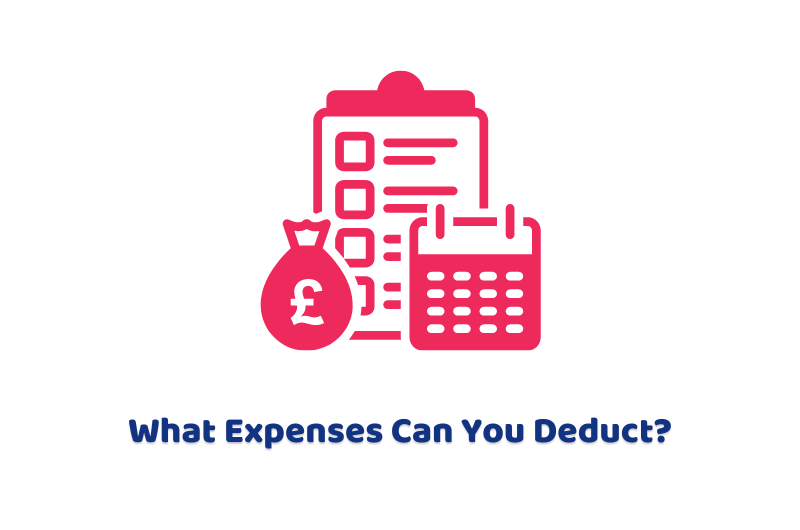To ensure that a business does not pay more income tax than it needs to, it is important that a deduction is claimed for all allowable expenses. The rules on what constitutes deductible expenditure can be confusing. They also depend on whether the accounts are prepared on the cash basis or the accruals basis. However, there are some basic rules which must be met.
Wholly and Exclusively Rule
The basic rule is that a deduction is allowed for expenses incurred wholly and exclusively for the purpose of the trade. The rule works by prohibiting expenses that are not wholly and exclusively incurred, stating:
‘In calculating the profits of a trade, no deduction is allowed for –
- expenses not incurred wholly and exclusively for the purposes of the trade…’
There is no requirement that the expense is necessarily incurred.
Consequently, you can deduct an expense if it is incurred wholly and exclusively for the purposes of your business and the deduction is not otherwise prohibited (as for certain entertaining expenses and depreciation).
No Deduction for Private Expenditure
Only business expenses meeting the wholly and exclusively test can be deducted – a deduction for private expenditure is not permitted.
If you operate as a sole trader, it may be easy for the boundary between business expenses and personal expenses to become blurred. For example, you may pick up some items for your home at the same time as some cleaning products for the business and pay for them together. In this situation, it would be easy it inadvertently claim a deduction for the whole amount. If the business items can be separately identified, a deduction can be claimed for these.
To prevent errors, it is advisable to keep good records and keep business and personal expenditure private. Ideally, there should be a separate business bank account which is used for business expenses.
Mixed Expenses
If an expense has a business and a private element and these cannot be separated, a deduction is not allowed. An example would be normal clothes worn for work. However, the cost of a uniform featuring the business logo can be deducted.
Capital Expenditure
The rules governing the deductibility of capital expenditure can be tricky and depend on the basis used to prepare the accounts. If the tradition accruals basis is used, capital expenditure cannot be deducted in calculating profits. Instead, relief is given through the capital allowances system. Where the annual investment allowance is available, as long as the £1 million limit has not been used up, qualifying capital expenditure can be deducted in full (as a capital allowance) in the year in which it is incurred.
Different rules apply under the cash basis, and capital expenditure can be deducted unless it is of a type for which a deduction is specifically denied. The main items of capital expenditure which are not deductible under the cash basis are land and buildings and cars. Capital allowance may be available instead for cars (as long as simplified expenses have not been claimed).
Common Deductible Expenses
While the list of deductible expenses will vary from business to business depending on the nature of the business, the following is a list of common deductible expenses:
- Cost of goods sold
- Packaging
- Distribution costs
- Staff costs (wages and salaries, pensions);
- Premises costs (rent, insurance, light and heat, cleaning, repairs)
- Office costs (stationery, phone costs, printing, postage)
- Advertising
- Finance costs (but note an interest cap applies under the cash basis) and
- Accountancy and legal costs.
Check the list to ensure deductible items have not been overlooked.
Partner Note: ITTOIA 2005, s. 34

